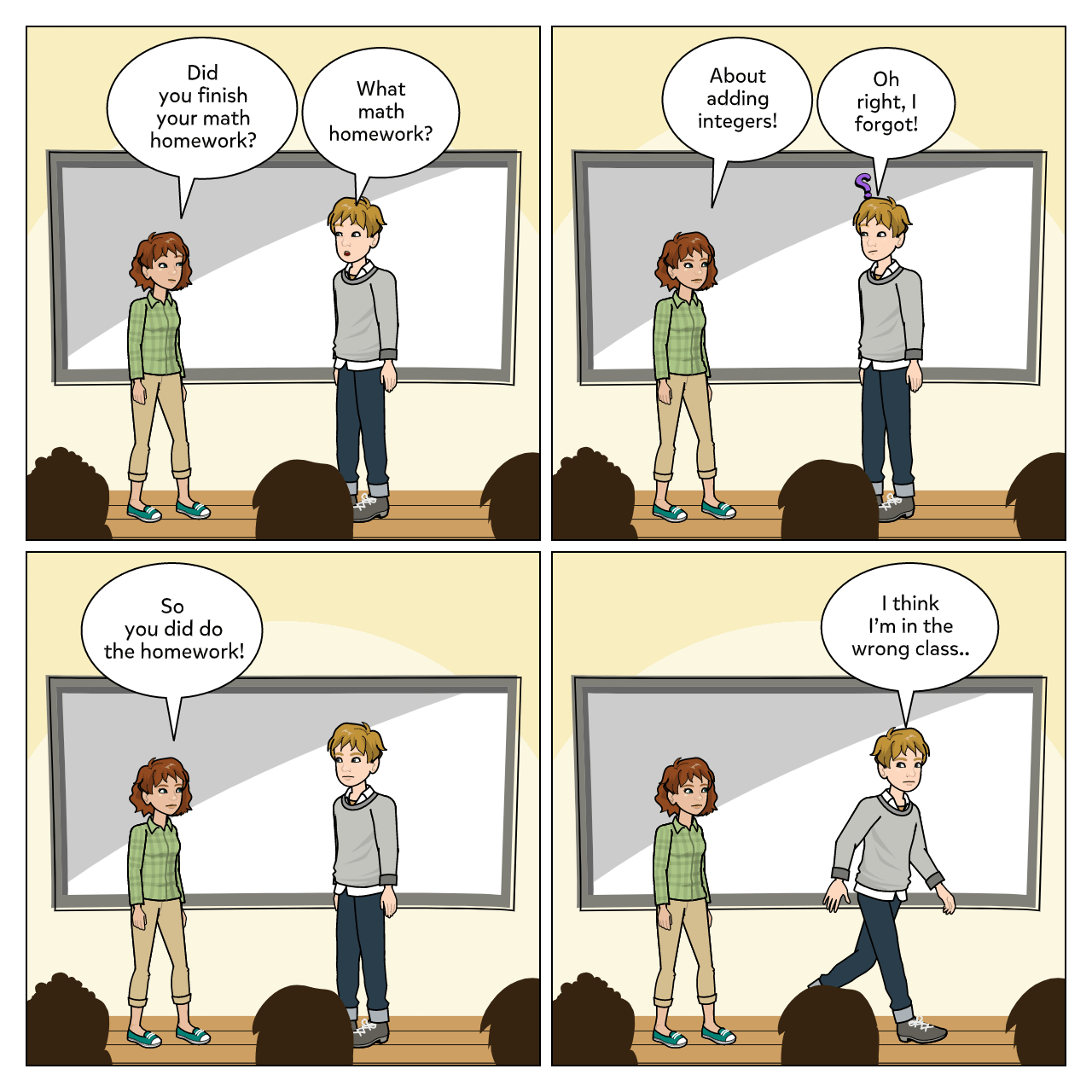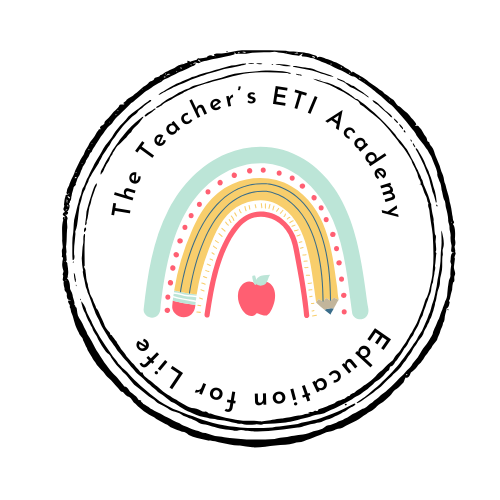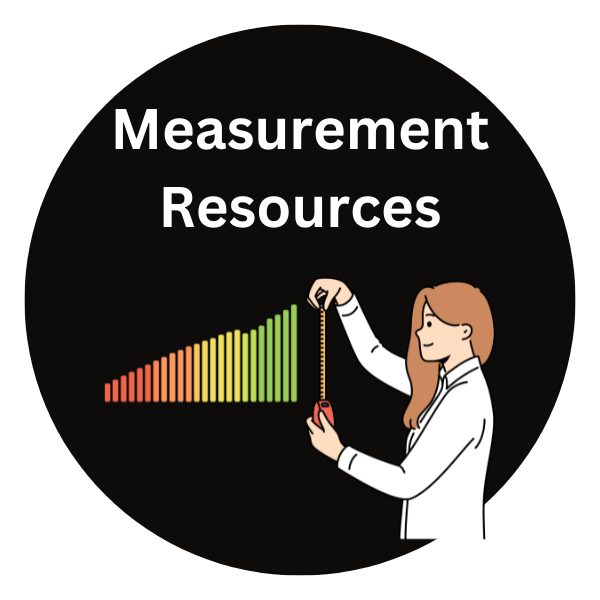Improving STEAM Based Skills
Explore our blogs and tools that highlight ways to improve skills in STEAM based learning. Our resources also help support teachers in planning out their lessons.
In today’s rapidly evolving world, integrating Science, Technology, Engineering, Arts, and Mathematics (STEAM) into the middle school curriculum and beyond is essential for fostering innovation, creativity, and problem-solving skills. Educators looking to help students improve skills in STEAM based learning will find a wealth of resources here to enhance their teaching strategies and engage students in meaningful, hands-on experiences.
Empowering Students: Resources to Improve STEAM Based Learning
Teaching math goes beyond solving equations and memorizing formulas. It’s about equipping students with learning strategies that help them approach problems confidently, think critically, and apply math in real-world situations.
Explore our STEAM based learning resource library by clicking on the image below. Our library specializes in STEAM based resources that suit middle school classrooms and beyond. Our resources are wide ranging including: introductions to basic concepts in maths, science, to more complex topics that involve technology and engineering.
Explore our Resource Library
our library contains a variety of Math resources in the categories of posters, presentation guides, infographics, and student – centered worksheets
We present our resources in various ways including: posters, presentations, worksheets, and infographics. Each type of resource comes with its own benefits, however we also provide bundles where teachers can access more than one type of resource at the same time.
All of our resources underscore the importance of STEAM education in schools.
Why STEAM Matters in Education
STEAM education goes beyond traditional learning by encouraging students to think critically and collaborate on real-world problems. Key benefits include:
- Enhancing Critical Thinking: Students learn to analyze, question, and explore multiple solutions to complex challenges.
- Promoting Creativity and Innovation: The integration of arts with STEM subjects fosters original thinking and unique problem-solving approaches.
- Building Career-Ready Skills: Exposure to STEAM fields helps students develop essential 21st-century skills such as coding, design thinking, and data analysis.

Discover How Our Blogs Help Improve Skills in STEAM Based Learning
Our STEAM-focused blogs provide valuable insights, lesson ideas, and strategies to help teachers engage students in meaningful learning experiences. Whether you’re looking for innovative project ideas, ways to integrate arts into STEM subjects, or the latest digital tools, our blog articles offer practical solutions to enhance your classroom.
Latest Posts to Improve STEAM Based Learning
-
Active Learning: Why Hands-On Activities Improve Retention
73 shares Introduction In today’s fast-paced educational landscape, finding ways to ensure students retain what they learn can be challenging. One proven strategy is active learning—an approach that goes beyond passive listening and instead involves students in the learning process through hands-on activities and meaningful projects. Research consistently shows that when students actively participate, their…
-
38 Engaging Seasonal Classroom Activities for Teachers
At my ETI Academy we’ve designed monthly and engaging seasonal classroom activities that bring new energy into your classroom while reinforcing key learning concepts. As teachers, we know that keeping students entertained year-round takes more than just good lesson planning—it takes creativity, variety, and a little seasonal magic. From back-to-school excitement in September to end-of-year…
-
A Three States of Matter Worksheet to Engage Students
Are you looking for an engaging and educational way to introduce your students to the fascinating world of matter? Our Three States of Matter Worksheet is the perfect tool to spark curiosity and deepen understanding in your 5th-grade classroom. Why Teach the States of Matter? Understanding solids, liquids, and gases is a fundamental part of…
With expert advice, hands-on activity guides, and lesson planning guides, our blogs are designed to support educators in improving skills in STEAM-based learning.
Now let’s explore some of our resources in language arts, maths, and science.
English Language Arts in STEAM Education
STEAM teachers appreciate our resources because they are thoughtfully designed to support students’ diverse learning needs and enhance classroom engagement when applied towards other STEAM based subjects. Our materials support the development of critical thinking, vocabulary, and effective communication, helping students excel in both written and verbal expression.
Our Math Resources in STEAM Education
We offer a variety of math resources designed to strengthen students’ problem-solving skills and numerical understanding. Whether you’re teaching algebra, geometry, or data analysis, our worksheets, practice problems, and interactive activities provide effective tools to reinforce key concepts and improve student confidence.
Our Science Resources in STEAM Education
Our science resources help middle school teachers bring complex concepts to life with engaging lesson plans, hands-on experiments, and inquiry-based learning activities. From physics and chemistry to biology and environmental science, our materials make science accessible and exciting for students of all levels.
Conclusion
Middle school is a critical time for students to develop foundational STEAM skills that will prepare them for future academic and career success. By utilizing the right resources, educators can improve skills in steam based learning and inspire students to become innovators and problem-solvers. Explore the recommended lesson plans, tools, and training to bring STEAM learning to life in your classroom today.
Join Our Teacher Community Today
Join our community today to gain exclusive access to trending topics that showcase our effective teaching strategies and resources for the STEAM classroom!
Here is just a small list of what teachers can gain access to when joining our community.
- Classroom management
- Lessoning planning
- Science based resources
- Technology based resources
- English language based resources
- Arts in Health based resources
- Math based resources
So join today and receive our free classroom management guide that aims to support teachers in creating a classroom ready for STEAM education.
Related Topics
Explore more of our website to see what other topics we look to discuss.
- Discover My ETI Academy And Our Resources in Education
- Educational Courses for Teachers by the ETI Academy
- Free English Language Skills Resource
- Free Classroom Management Resource by the ETI Academy
- Subscribe to The ETI Academy Newsletters Today!
- Our Student Blogs Help to Motivate Students
- Middle School Teacher Blogs – My ETI Academy
- Educational Resources for New English Teachers
- Mental Health Topics for New Teachers in Education
- Why New Teachers Should Use These Online Learning Strategies
Join Our STEAM Based Newsletters
Our educational newsletters are designed to help students and parents in understanding changes in education and in reaching new levels of academic success with in dealing with the challenges in the classroom.

Contact Us Today
It has never been easier to create enthusiasm and confidence in your learning abilities with The ETI Academy.





























